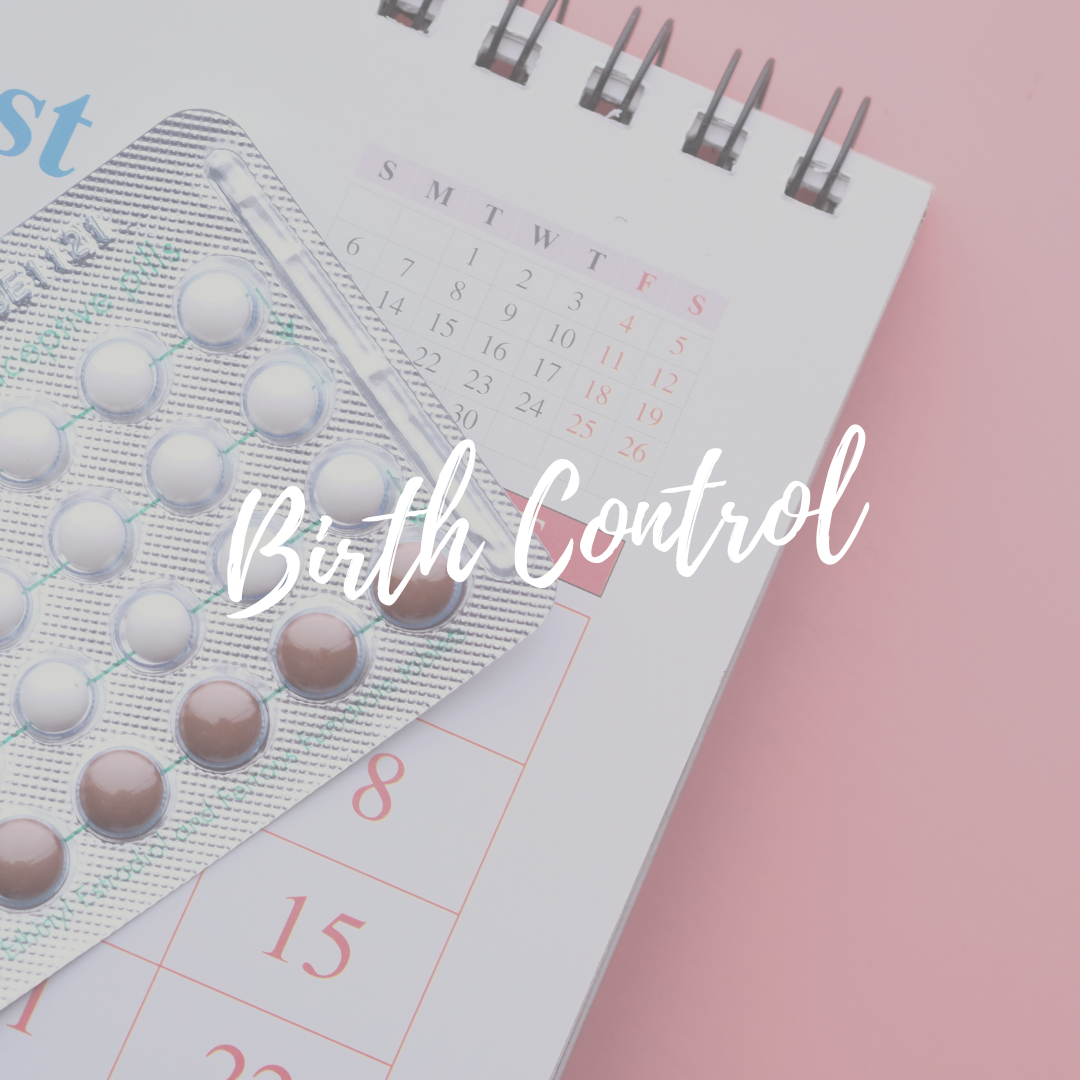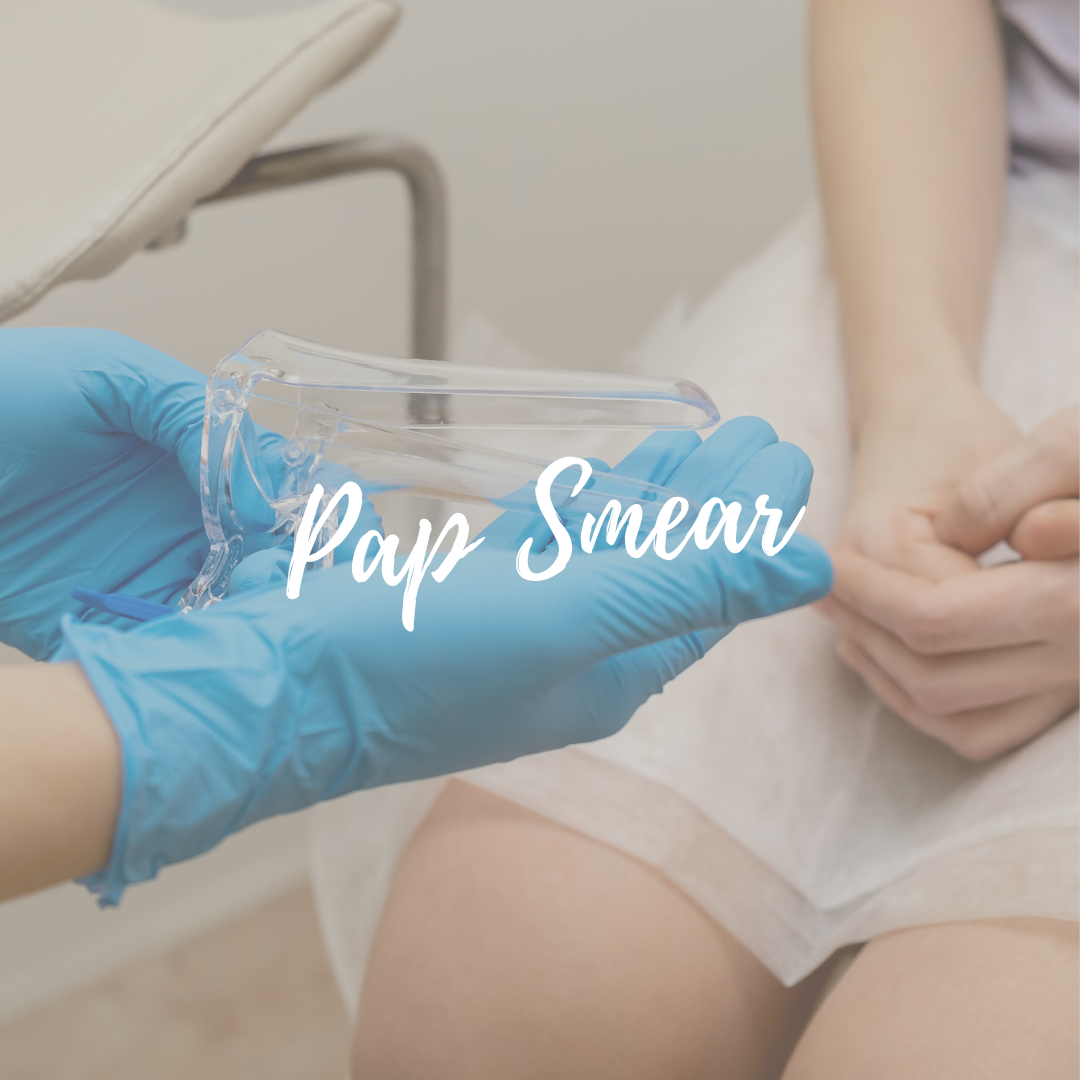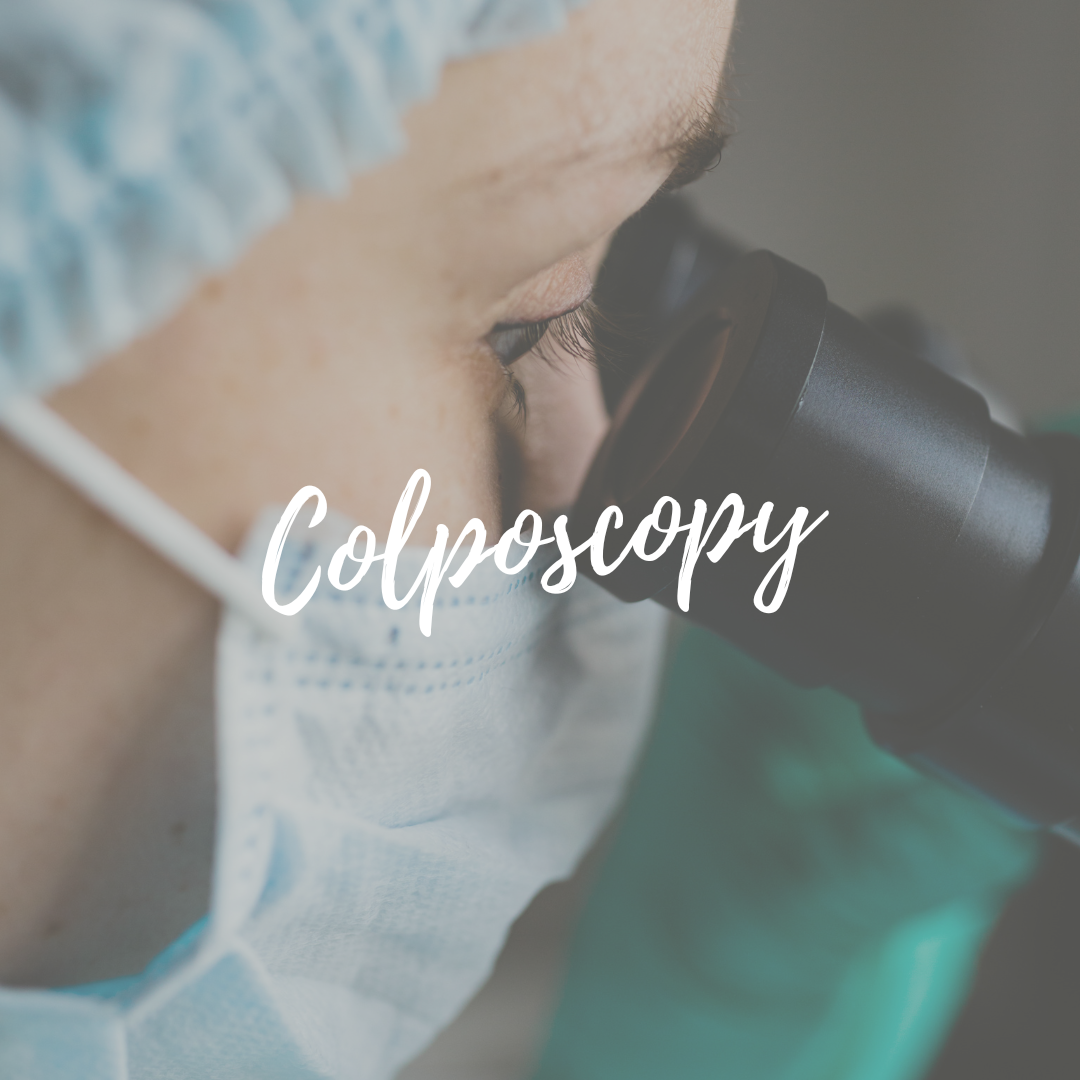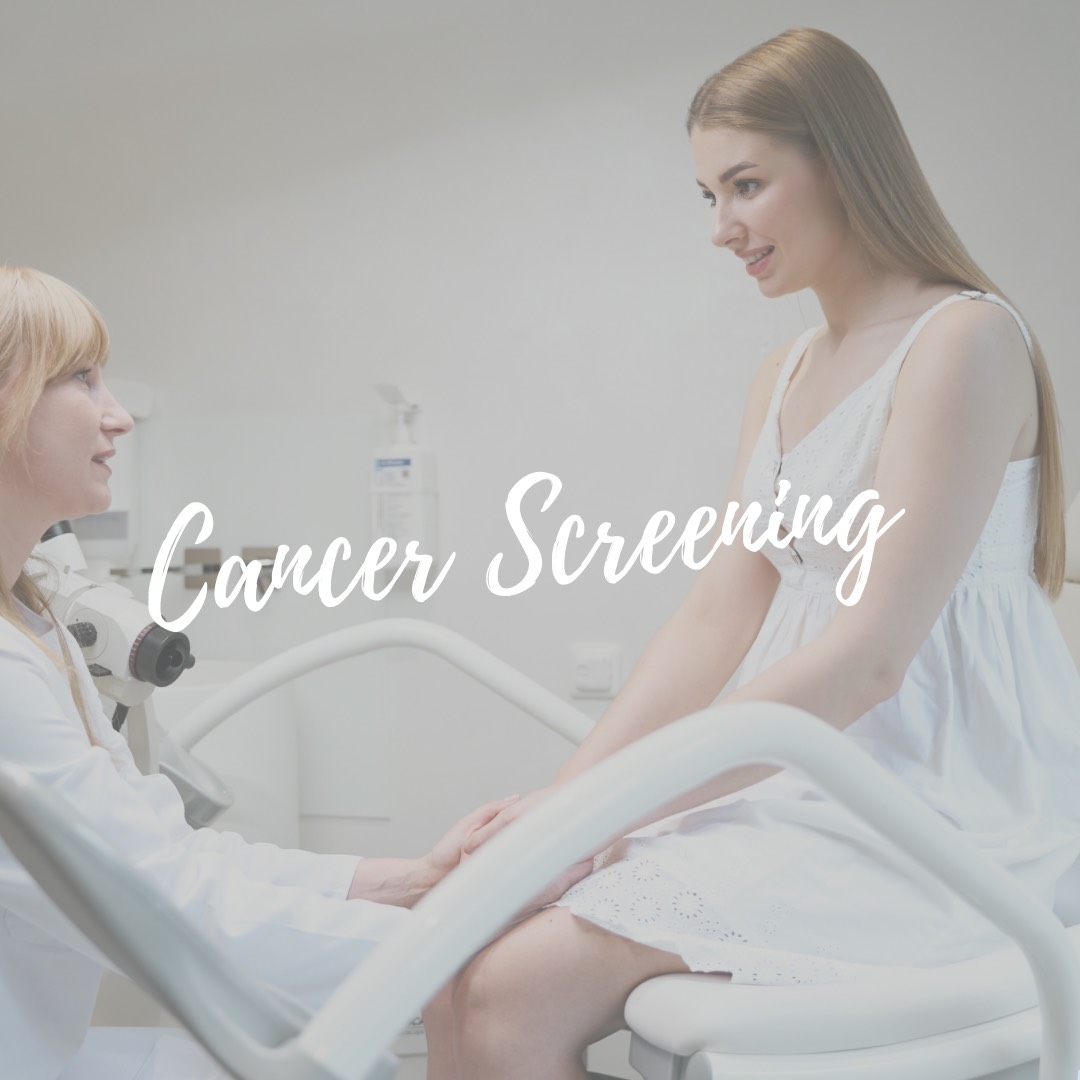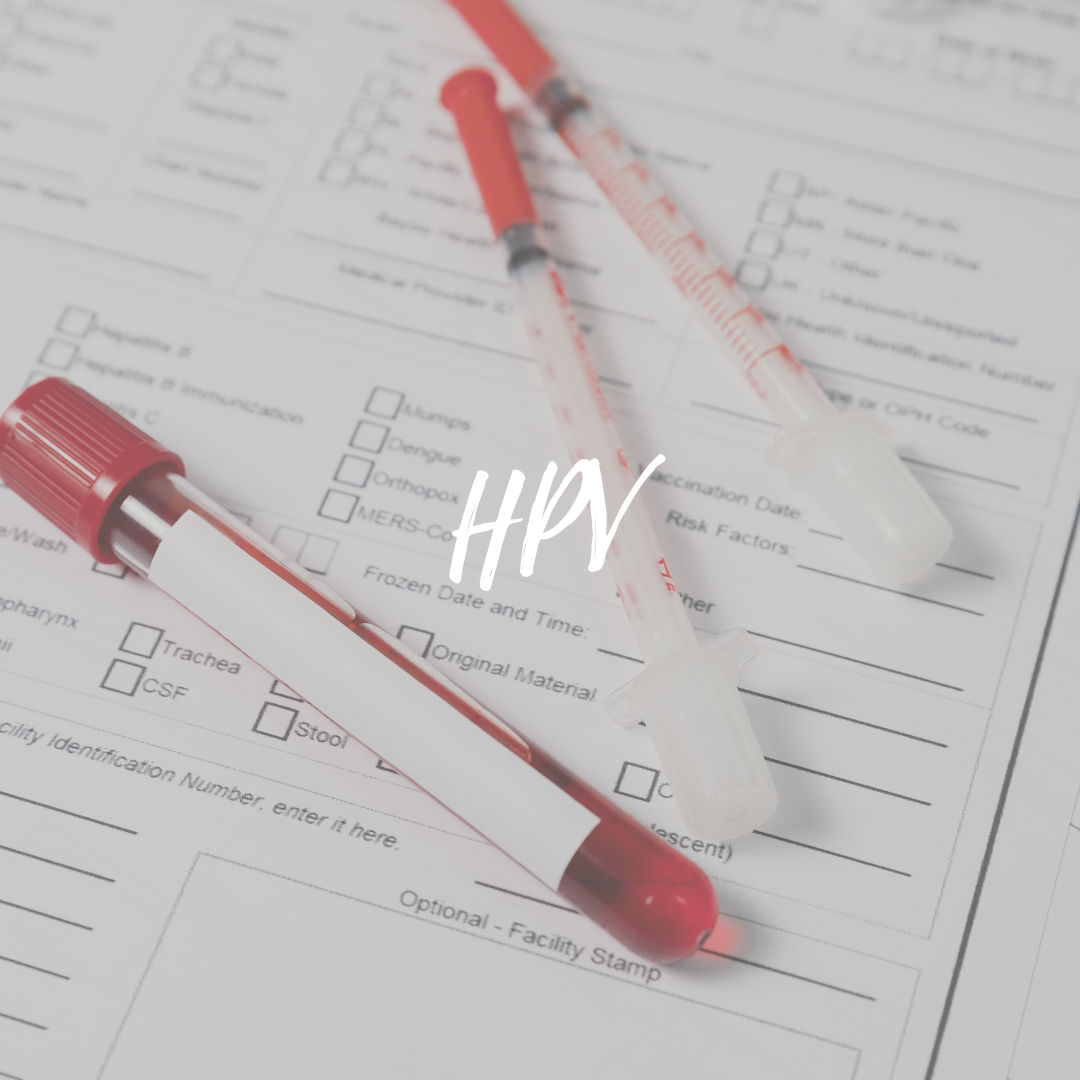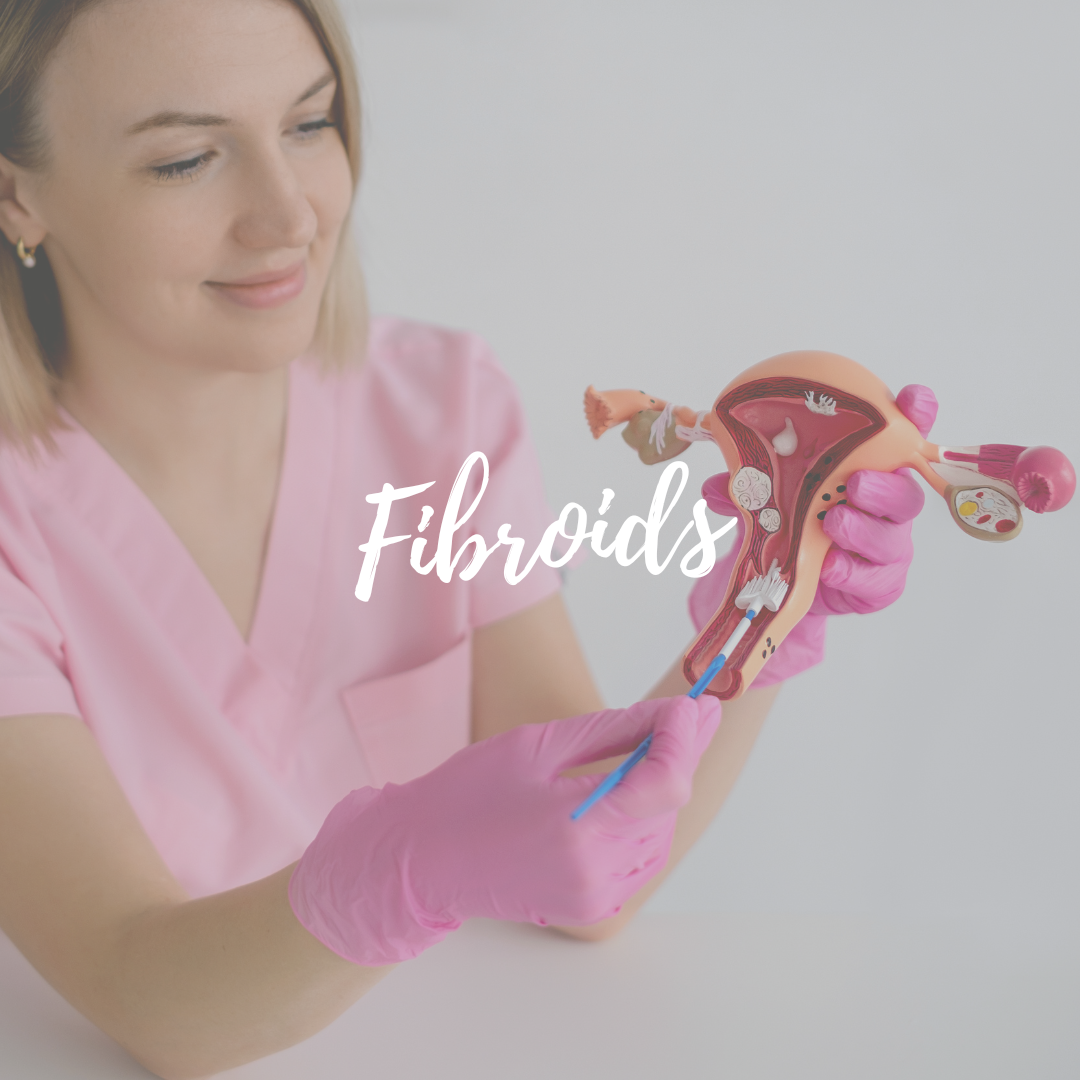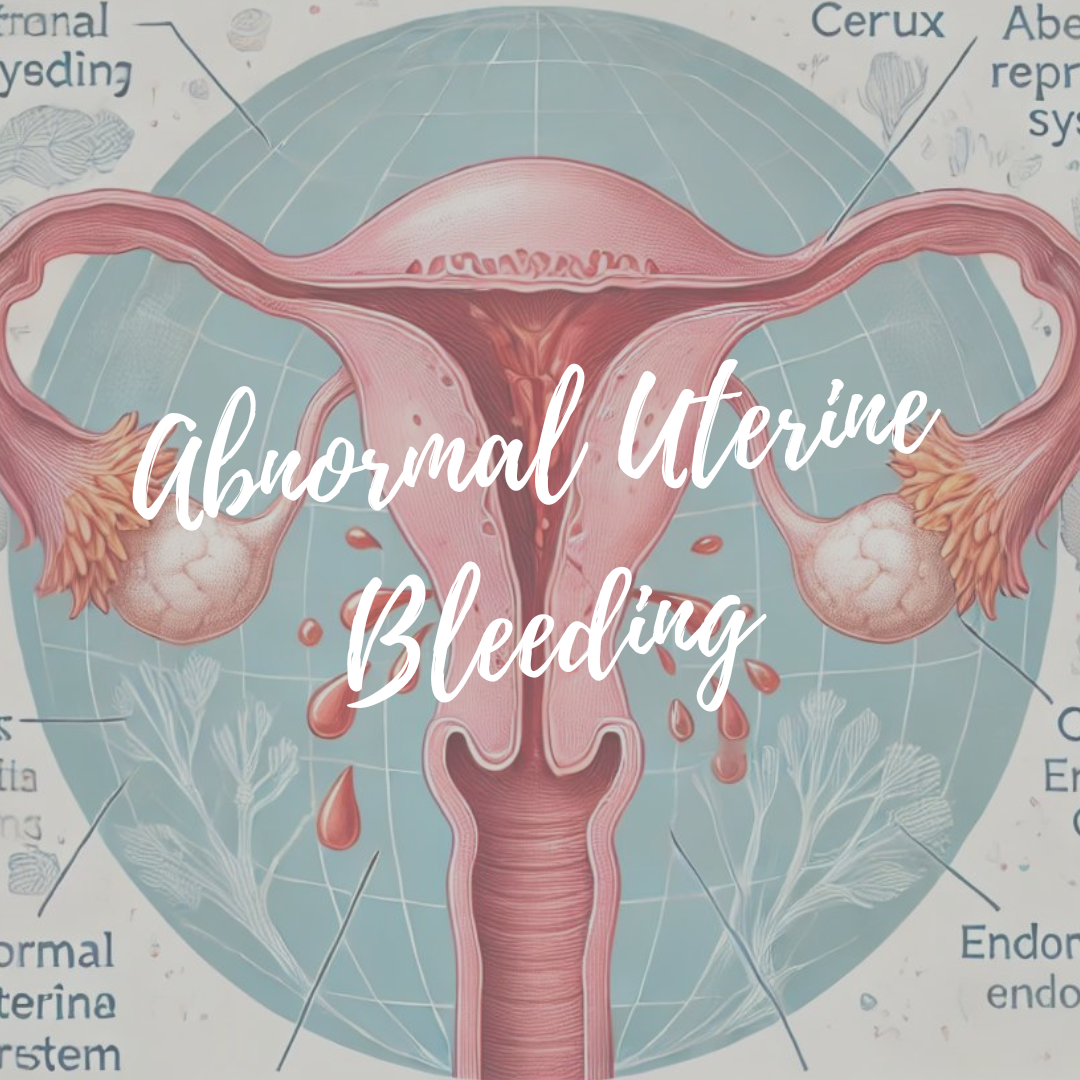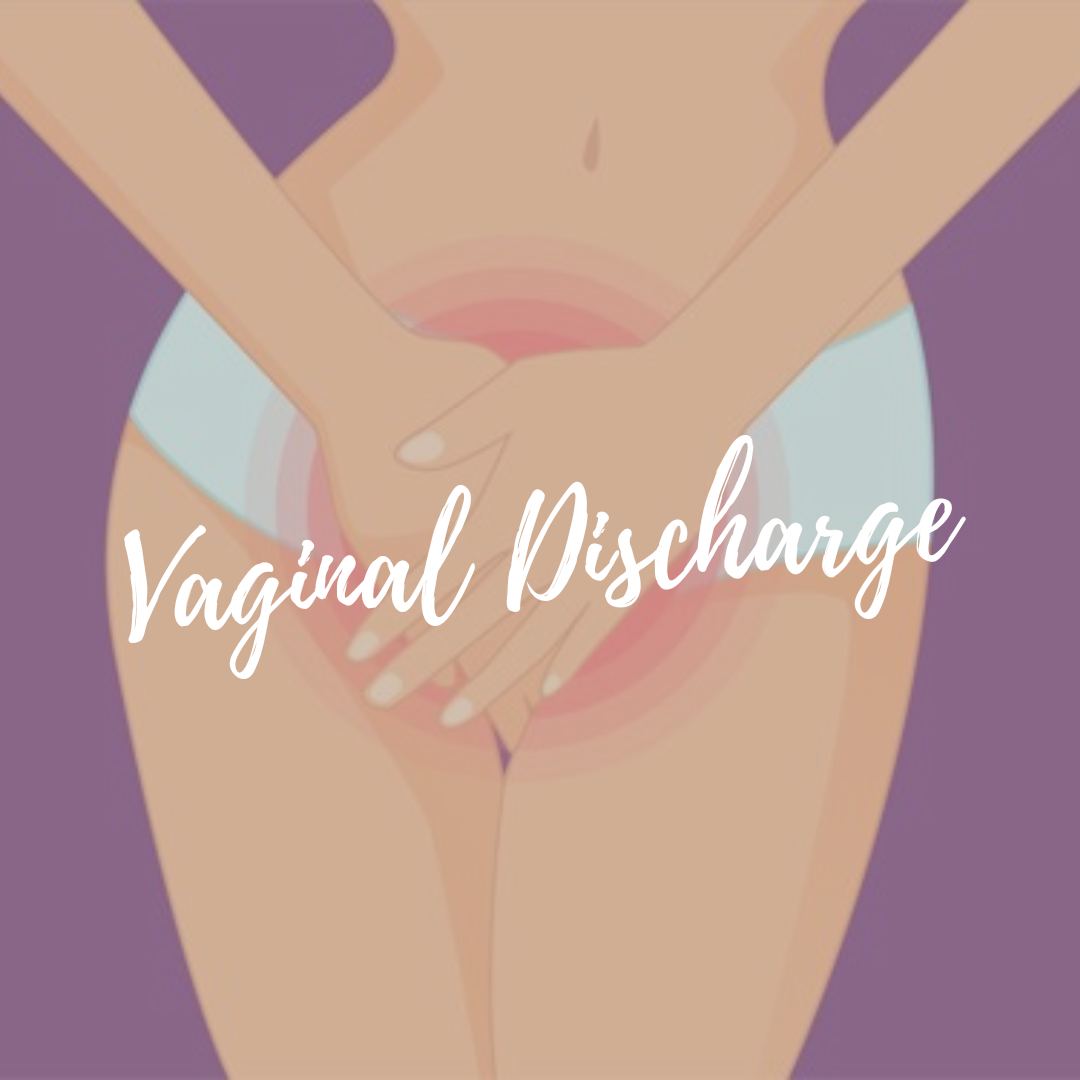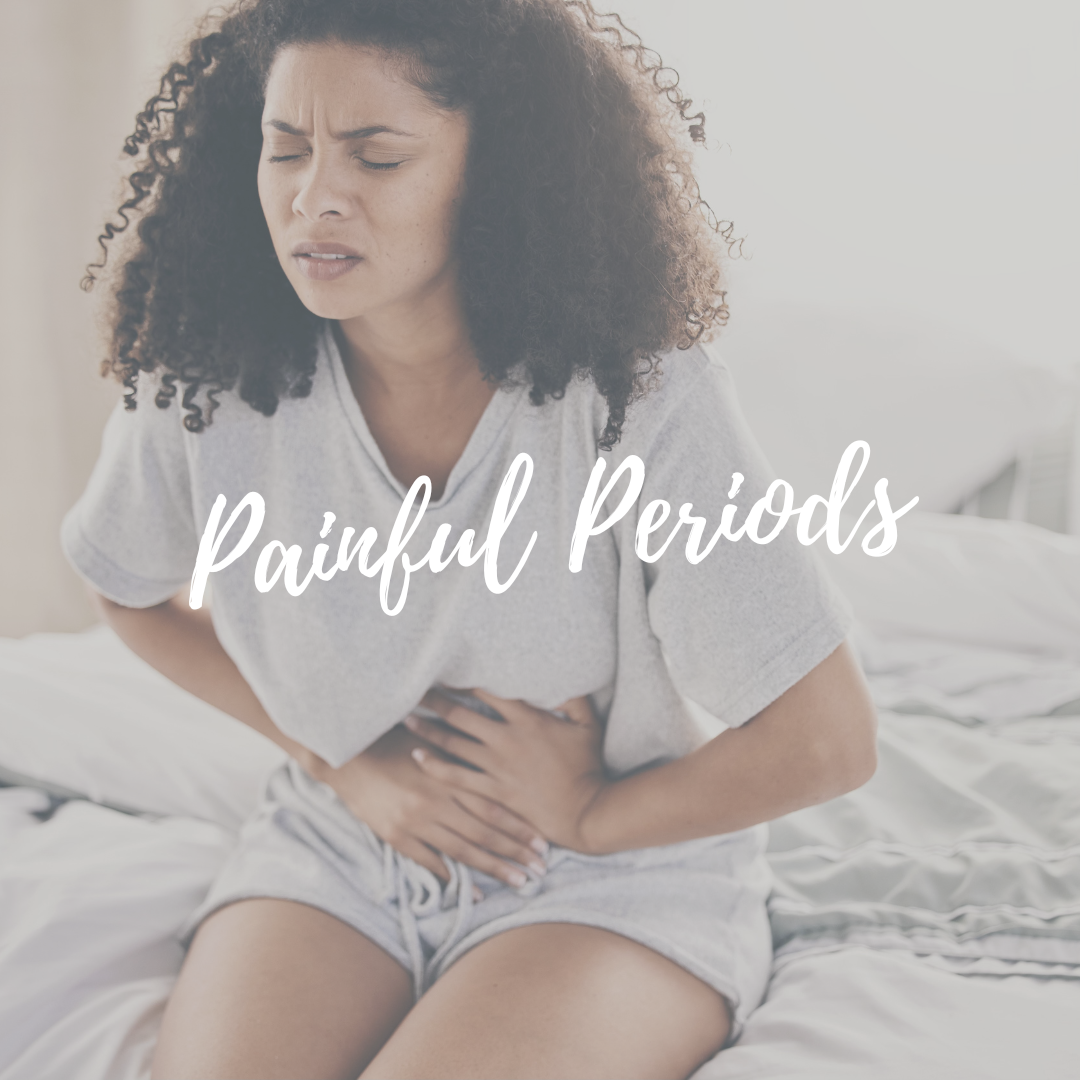
Understanding HPV and Its Management
Human papillomavirus (HPV) is one of the most common sexually transmitted diseases (STDs) in the United States, with nearly 80% of sexually active individuals contracting the virus at some point in their lives. While HPV infections can resolve on their own, certain strains can increase the risk of cervical cancer. The experienced doctor at FirstChoice OB-GYN offers HPV testing, vaccinations, and management. To learn more, call the office today or request an appointment online.
HPV Q & A
What is HPV?
HPV refers to a group of viruses that infect the skin. It is transmitted through skin-to-skin contact with an infected person. There are over 200 different strains of HPV, most of which are harmless and resolve on their own.
Some strains cause genital warts and are considered low risk. Other strains can alter the cells in the cervix, increasing the risk of cervical cancer, and are considered high risk.
Does HPV cause symptoms?
HPV often does not cause symptoms. Low-risk strains may cause genital warts, but high-risk strains typically do not present any signs or symptoms. The only way to detect a high-risk HPV infection is through testing.
How do I get tested for HPV?
Your provider at FirstChoice OB-GYN can test for HPV strains by taking swabs of cells from your cervix. This can be done during a Pap smear. The HPV test identifies the virus strains, while the Pap smear looks for cell abnormalities that could indicate early signs of cervical cancer.
How is HPV treated?
There is no cure for HPV, but the team at FirstChoice OB-GYN can monitor your cervical cells for changes through regular Pap smears and provide treatment as needed. If abnormalities are found, a colposcopy may be recommended to examine the cervical tissue more closely. A biopsy may be performed if abnormal tissue is detected.
Do I need to get the HPV vaccine?
Yes, it is recommended for individuals between the ages of 9 and 45 to get the HPV vaccine. While the vaccine does not protect against all strains of HPV, it does protect against those that cause genital warts and cervical cancer. For women between the ages of 15 and 45, the HPV vaccine is administered in three shots over six months.
To learn more about HPV or to get tested, call FirstChoice OB-GYN today to schedule an appointment with one of our experienced women’s health specialists or request an appointment online.


